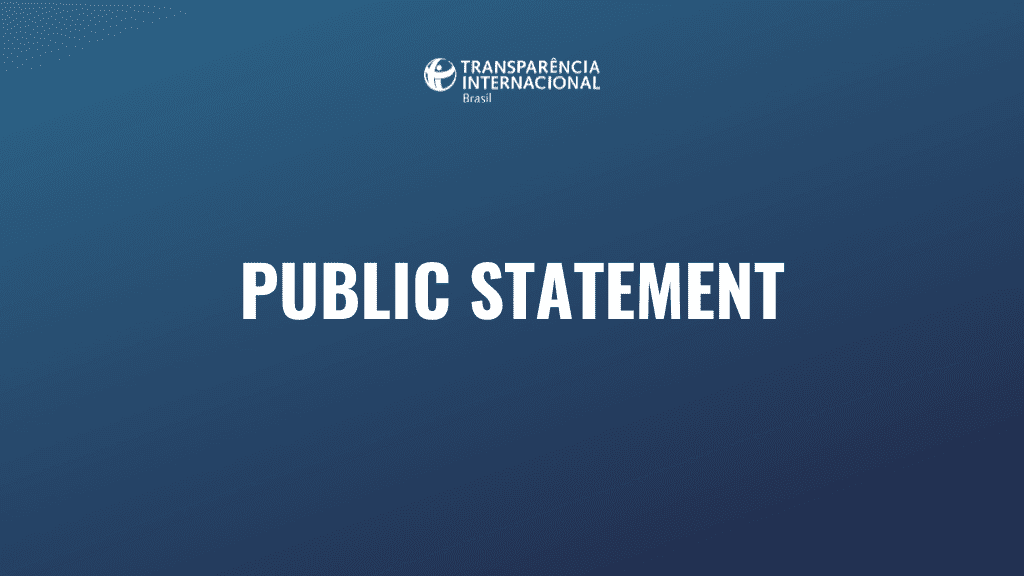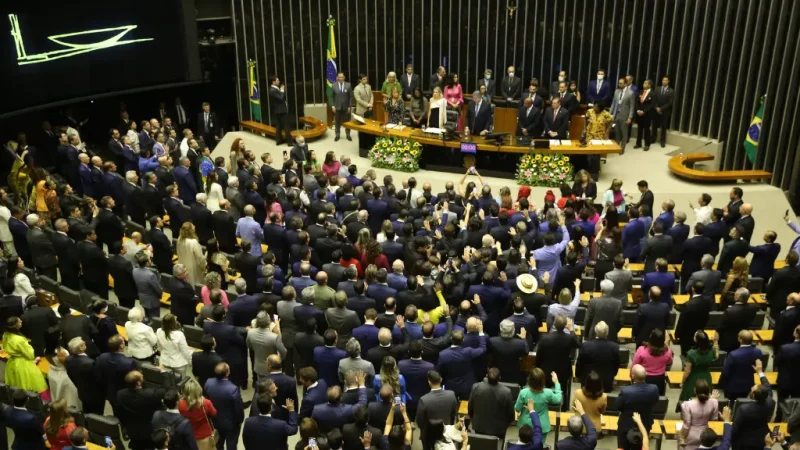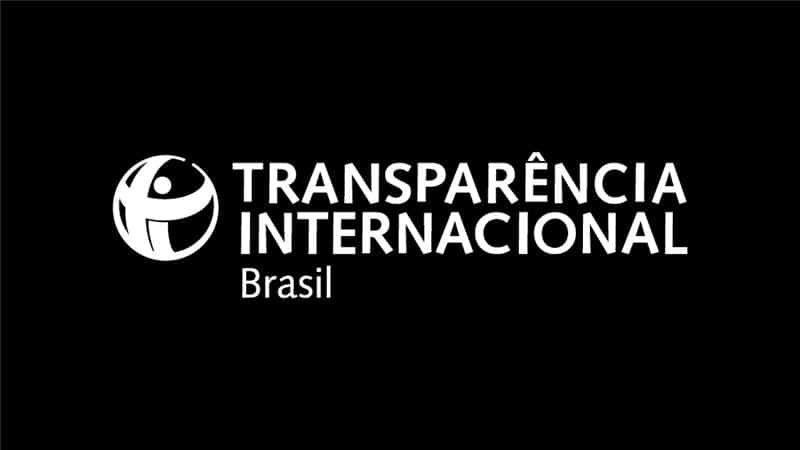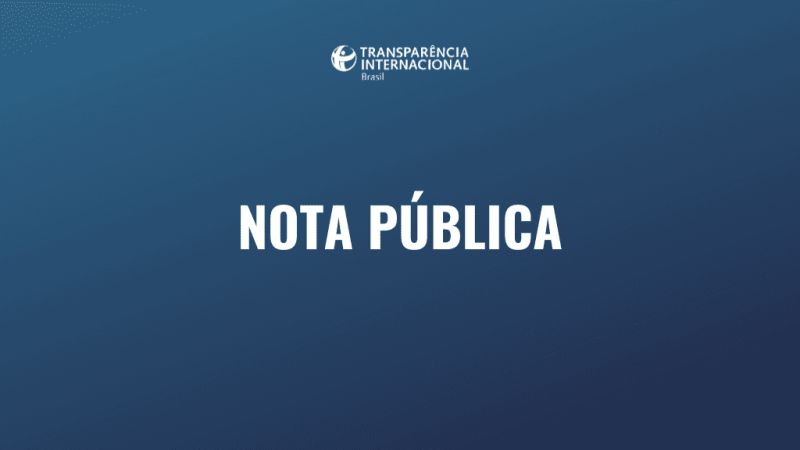Brasília, April 17, 2025 – Transparency International – Brazil expresses deep concern over the Brazilian government’s decision to grant diplomatic asylum to the former First Lady of Peru, Nadine Heredia, who has been sentenced to 15 years in prison for money laundering. The ruling, issued by the Peruvian judiciary, is based on strong evidence that Heredia and her husband, former President Ollanta Humala, received nearly US$3 million in illicit campaign contributions from the Brazilian construction company Odebrecht (now Novonor) and the Venezuelan government to finance their 2006 and 2011 electoral campaigns.
The granting of asylum, justified as humanitarian protection, raises serious doubts about Brazil’s commitment to fighting corruption and impunity in the region. By offering refuge to an individual convicted of corruption, Brazil sends a troubling signal of tolerance toward illicit practices that erode democratic institutions and hinder the development of Latin American countries.
Even more alarming is the fact that this decision comes at a time when Brazil is deepening a concerning trend of dismantling its legal and institutional anti-corruption frameworks. The evidence from Odebrecht’s leniency agreement — the same evidence that supported the convictions of Heredia and Humala in Peru — was annulled in Brazil on the basis of unfounded and never-proven allegations. These rulings, issued unilaterally by former Justice Ricardo Lewandowski and Justice Dias Toffoli, have had a devastating effect: over a hundred convictions have been overturned, including cases involving confessions, rulings confirmed by multiple courts, and large sums of money already returned to the public treasury.
Despite the severity of the consequences, appeals filed by the São Paulo Public Prosecutor’s Office, the Office of the Prosecutor General, and the National Association of Federal Prosecutors have remained unexamined for 20 months by the Federal Supreme Court.
Unlike Brazil, the Peruvian judiciary was not persuaded by the rhetoric of a “broken chain of custody” regarding Odebrecht’s hard drives. It simply sought to verify the authenticity of the material with Switzerland — the country that had seized the company’s original servers and provided the evidence both to Peru and to Brazil. If there had been institutional will, Brazil could have done the same — but instead chose to bury this robust body of evidence. It is gravely concerning that the country is becoming a graveyard for the evidence of the largest transnational bribery scheme in history.
It is imperative that Brazil reconsiders its conduct, both domestically and internationally. The integrity of the justice system and the credibility of Brazilian diplomacy must not be compromised by the protection of corrupt actors. The fight against corruption requires respect for legal frameworks, cooperation among nations, and accountability to society.
Transparency International – Brazil will remain vigilant in defending public integrity and the rule of law throughout the region.



